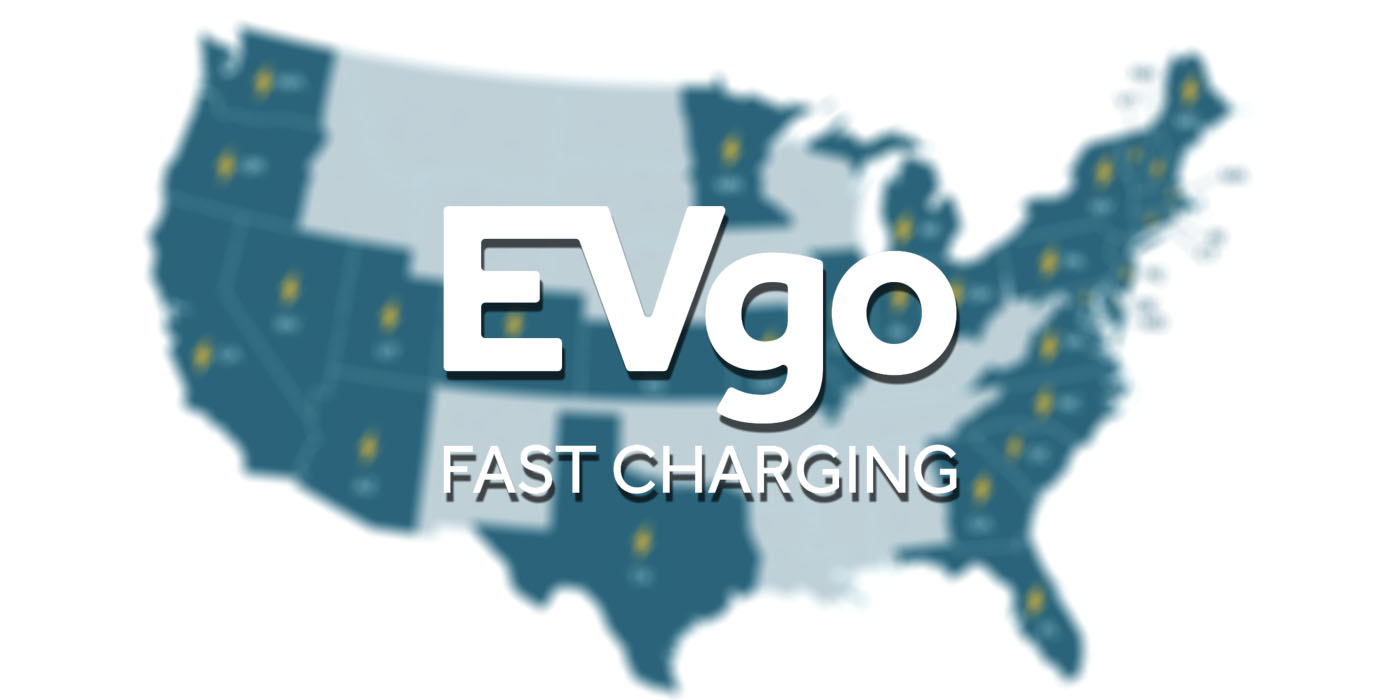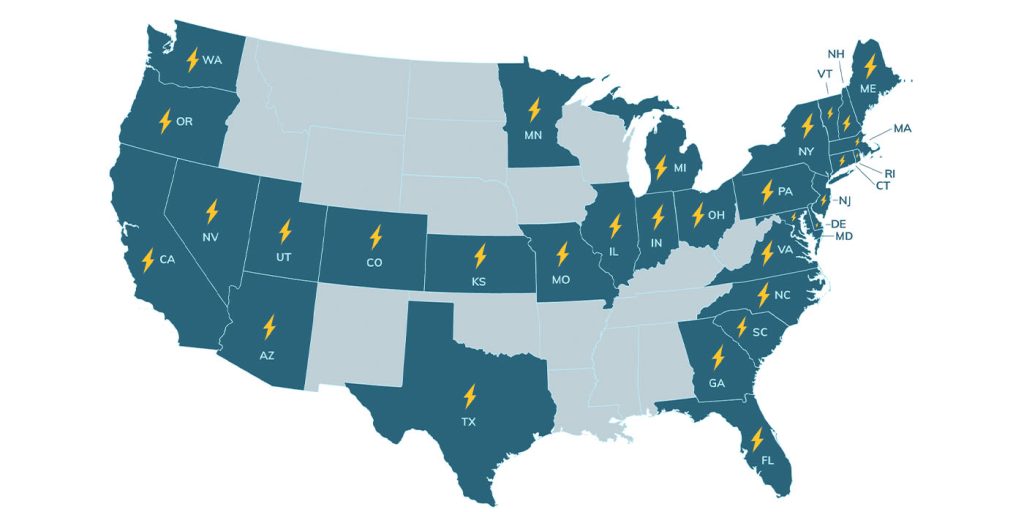
Fast charging network EVgo has announced a shift in its pricing model that expands kilowatt-hour (kWh) charging rates to each and every US state that allows it. By charging for the amount of energy used rather than the time spent charging, EVgo looks to incentivize EV drivers to spend less, while still utilizing a time-of-use component to alleviate some strain on the grid. We’ve broken everything down for you below.
EVgo ($EVGO) currently sits as one of US’ largest public EV fast charging networks, touting over 3,200 fast charger across more than 850 locations in 30+ states.
By adding capabilities like Plug & Charge for certain EV models (most recently Rivian) and numerous free charging programs for new vehicle purchases, EVgo certainly tries to deliver on customer service. Even now, as it tries to bolster and refresh its existing network to ensure customers can garner their highest charge wherever they go, EV charging in general has a lot of ceiling left.
One particular issue is charge rates in general. In the US, EV drivers are either charged for their energy used (kWh), time-of-use (TOU), or sometimes both. Today, however, EVgo is expanding kWh pricing to all states that allow it, but is still keeping a TOU component to alleviate strain on the grid.

EVgo offering kWh pricing in 30 states plus DC
According to EVgo today, its entire network of EV chargers now offer kWh pricing (in the states where it is legally permissible), meaning drivers only pay for their energy used, not how long they sit at a pile charging. For those states where kWh pricing is not allowed, EVgo customers will still be charged per minute, sorry!
Here are the current states that now allow kWh pricing on the EVgo network:
| Arizona | Nevada |
| California | New Hampshire |
| Colorado | New Jersey |
| Connecticut | New York |
| Delaware | North Carolina |
| Florida | Ohio |
| Georgia | Oregon |
| Illinois | Pennsylvania |
| Indiana | Rhode Island |
| Kansas | South Carolina |
| Maine | Texas |
| Maryland | Utah |
| Massachusetts | Vermont |
| Michigan | Washington |
| Minnesota | Washington DC |
| Missouri |
Although kWh pricing is the preferred method by most, EVgo is still including a TOU factor to still encourage drivers to charge during off-peak hours. The network has provided a TOU pricing page, sorted by state to help its customers determine the best time to plug-in.
As always, the EVgo and PlugShare apps (should) display real-time pricing information based on time of day (grid demand) and whether or not kWh pricing is permitted. EV drivers can also sign up for a subscription plan to further lower their cost per charge.
FTC: We use income earning auto affiliate links. More.



Comments